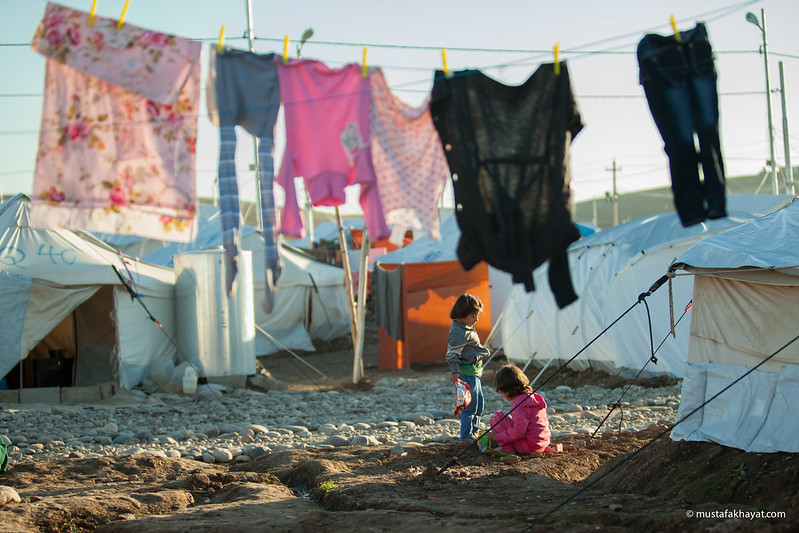European Commission adopted a 700 million euros plan for assistance in humanitarian crisis within EU own borders.

> Health - European Medical Corps to respond to emergencies
> EDD - a forum for international development and cooperation
The European Commission today proposed a regulation, signed by President, Jean-Claude Juncker, and EU Commissioner for Humanitarian Aid, Christos Stylianidis, on the provision of emergency financial support for humanitarian crisis within EU own borders.
The plan could help in major refugees emergency Greece has been experiencing for months. The situation further worsened when Macedonia reintroduced (along with Slovenia, Croatia and Serbia) a refugees quota system and started to block the passage of thousands of people at its border with Greece.
The Commission proposed to develop an instrument with a dedicated budget that will allow EU to provide financial support to its humanitarian partners and will be able to quickly implement emergency actions to support involved Member States. The plan should have a 700 million euros budget over the next three years. 300 million euros will be allocated in 2016 and further 200 million euros should be allocated in 2017 and 2018 respectively.
The funds will come from other EU budget items, and will be mainly addressed to humanitarian organizations operating in affected territories, such as United Nations High Commissioner for Refugees (UNHCR) and Red Cross.
> EU - Civil Protection Mechanism, Work programme 2016
"With this proposal - Christos Stylianides said - we will be able to deliver emergency assistance for crises much faster than before, inside the European Union. Right now, there's no doubt that this will be particularly needed to support refugees. [...] I now look to European governments and the European Parliament to quickly back the proposal."
For the first time, Commission spokesperson Margaritis Schinas commented yesterday during a European Parliament gathering, EU mobilises "resources, legislation and money that will enable Europe to act and within the EU, not only in crises in the Third World”.
> Development Impact Bonds - private investors, NGOs, governments and donors to deliver results
Photo credit: Mustafa Khayat via URL no longer available/span> / CC BY-ND





